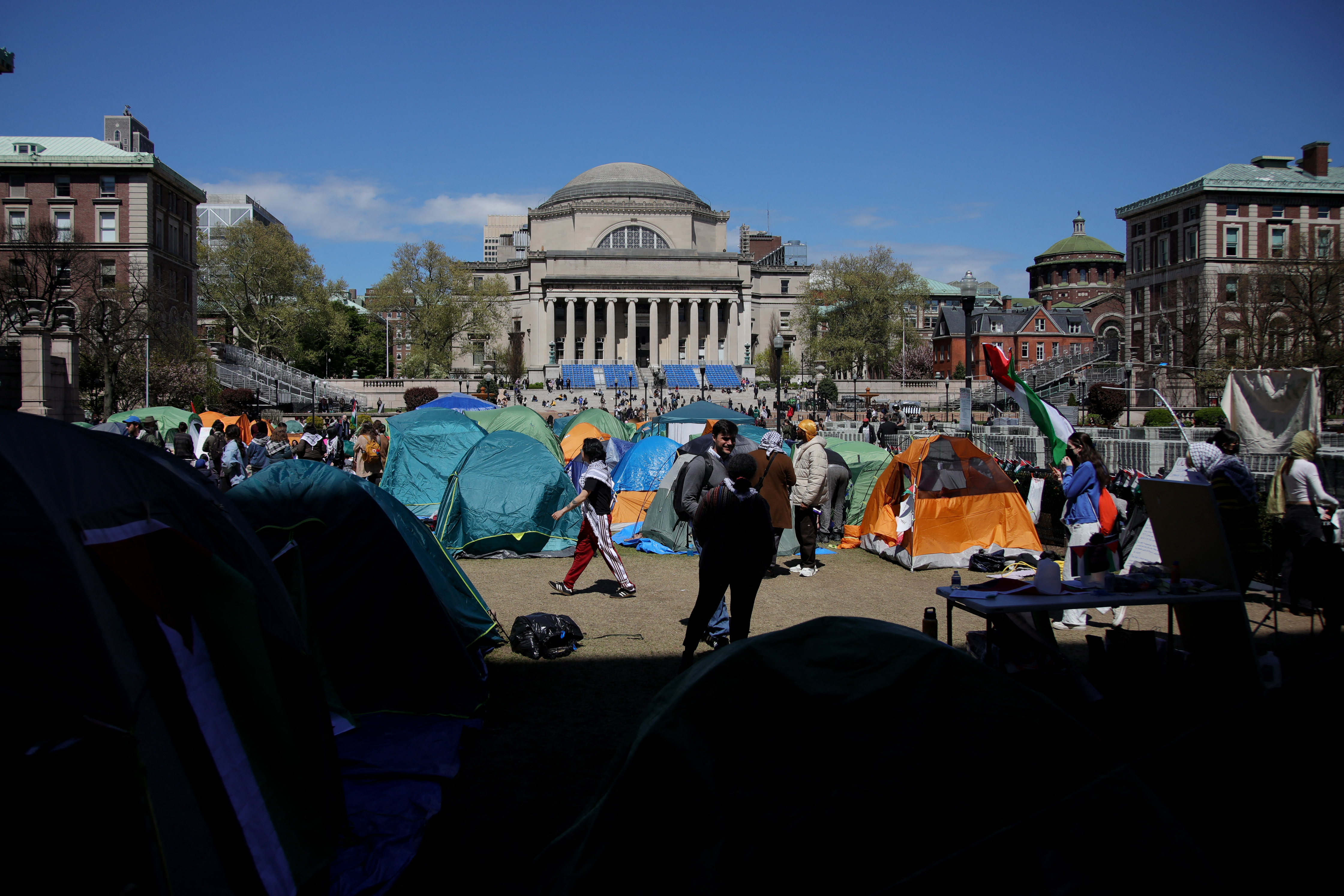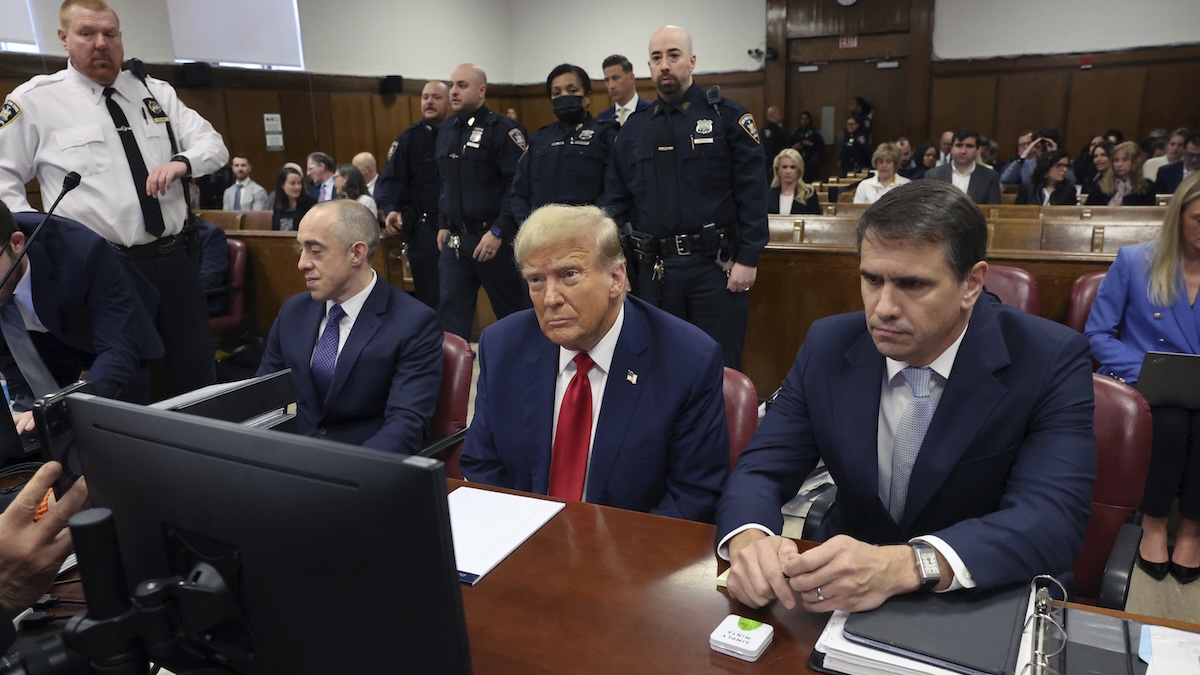What to Know
- Sayfullo Saipov was convicted of killing eight people on a Manhattan bike path on Halloween in 2017 in a terror-inspired attack; the jury has been weighing whether he should get the death penalty since last week
- Prosecutors have urged death, saying Saipov never showed compassion for any of his victims as he sought to kill as many people as he could, even confessing that he had hoped to go to the Brooklyn Bridge after the bike path attack to kill more people
- Saipov's attorneys asked jurors to spare him the death penalty, noting how several members of his family including his father and sisters expressed hope that someday he would realize how wrong he was to carry out a terrorist attack hoping to win favor with the Islamic State group.
A split among jurors means there will be no death penalty for an Islamic extremist who maniacally raced a truck along a popular New York City bike path, killing eight people and maiming others.
The decision gives Sayfullo Saipov, 35, an Uzbekistan citizen who lived in New Jersey, an automatic sentence of life in prison without the possibility of parole in the October 2017 attack. Jurors told the judge Monday that they were unable to reach the unanimous verdict required for a death sentence.
Jurors convicted Saipov in late January of killing eight individuals in Lower Manhattan in a 2017 terrorist attack, but the death penalty phase of deliberations started last week, on March 1. The panel had to start those talks over less than a full day in because of a missing juror whose absence later was excused but required an alternate.
Get Tri-state area news and weather forecasts to your inbox. Sign up for NBC New York newsletters.
The defense had asked for a mistrial. Jurors continued deliberated late last week, but couldn't reach a decision. Talks resumed Monday morning, and the nonunanimous verdict brings an end to one of the city's darkest chapters following the deadliest terror attack in NYC since 9/11.
"We thank the jurors for their careful consideration of the evidence and the law during this long trial, and for their willingness to serve," the U.S. Attorney's Office said in a statement Monday. "We also thank the families of the murdered victims, and the surviving victims, for their patience and understanding as the legal process played out. Even though the trial has ended, we know that their pain and grief endures."
Lawyers for Saipov, a Uzbekistan citizen, never contested that he killed eight people. Among them: a woman visiting from Belgium with her family, five friends from Argentina and two Americans. Eighteen others were seriously injured.
News
Saipov's attorneys asked jurors to spare him the death penalty, noting how several members of his family including his father and sisters expressed hope that someday he would realize how wrong he was to carry out a terrorist attack hoping to win favor with the Islamic State group.
And they emphasized that he would spend the rest of his life in seclusion at a Colorado prison, likely confined to a small cell for at least 22 hours a day with two 15-minute phone calls allowed each month to his family and a few showers permitted each week.
Prosecutors have urged death, saying Saipov never showed compassion for any of his victims as he sought to kill as many people as he could, even confessing that he had hoped to go to the Brooklyn Bridge after the bike path assault so he could kill more people there.
Afterward, they said, he smiled proudly as he told FBI agents about his attack, even requesting that they hang the flag of the Islamic State organization in his hospital room, where he was recovering from a gunshot wound after a police officer ended his attack.
A day after the attack, then-President Donald Trump tweeted that Saipov “SHOULD GET DEATH PENALTY!”
President Joe Biden subsequently imposed a moratorium on executions for federal crimes, but his attorney general, Merrick Garland, has allowed U.S. prosecutors to continue advocating for capital punishment in cases inherited from previous administrations.
A federal jury in New York has not rendered a death sentence that has withstood legal appeals in decades, with the last execution in 1954. New York state, which no longer has the death penalty, has not executed anyone since 1963.



